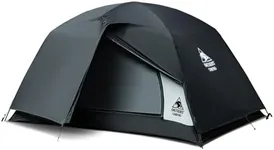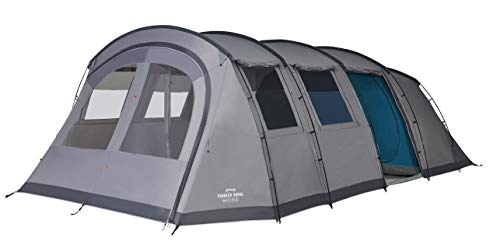Buying Guide for the Best 2 Person Tents
Choosing the right 2-person tent involves considering various factors that will ensure comfort, durability, and suitability for your specific camping needs. Whether you're planning a weekend getaway or a long backpacking trip, the right tent can make all the difference in your outdoor experience. It's important to think about where and when you'll be using the tent, as well as how much weight you're willing to carry. By understanding the key specifications, you can make an informed decision that best fits your camping style and environment.WeightWeight is a crucial factor, especially if you plan on backpacking. A lighter tent is easier to carry over long distances. Tents can be categorized into ultralight (under 3 pounds), lightweight (3-5 pounds), and standard (over 5 pounds). If you're hiking long distances, an ultralight or lightweight tent is ideal. For car camping, where you don't need to carry the tent far, a standard weight tent might offer more comfort and durability.
SeasonalitySeasonality refers to the tent's ability to withstand different weather conditions. Tents are generally classified as 3-season or 4-season. A 3-season tent is suitable for spring, summer, and fall, providing ventilation and protection against rain. A 4-season tent is designed for harsh winter conditions, offering more robust materials and structure. Choose a 3-season tent for general camping and a 4-season tent if you plan to camp in snowy or extremely cold environments.
Space and DimensionsSpace and dimensions determine how comfortable the tent will be for two people. Look at the floor area and peak height. A tent with a larger floor area and higher peak height will offer more comfort, especially if you plan to spend a lot of time inside. However, larger tents may weigh more. Consider how much space you need for sleeping and storing gear, and balance that with the weight you're willing to carry.
Setup ComplexitySetup complexity refers to how easy or difficult it is to pitch the tent. Some tents are designed for quick setup with fewer poles and intuitive designs, while others may require more time and effort. If you often camp alone or in challenging conditions, a tent with a simple setup can save time and frustration. Consider your experience level and how often you'll be setting up the tent in different environments.
VentilationVentilation is important to prevent condensation inside the tent, which can make for an uncomfortable sleeping environment. Tents with mesh panels and multiple vents allow for better airflow. If you camp in warm or humid conditions, prioritize a tent with good ventilation. In cooler climates, ensure the tent can be sealed to retain warmth while still allowing some airflow to minimize condensation.
Durability and MaterialDurability and material affect the tent's longevity and ability to withstand the elements. Tents made from high-denier fabrics and with strong pole materials are more durable. If you camp frequently or in rough conditions, invest in a tent with durable materials. For occasional use in mild conditions, a tent with lighter materials may suffice. Consider the trade-off between durability and weight when making your choice.
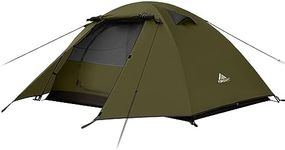
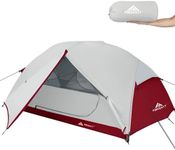
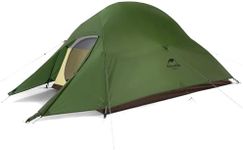
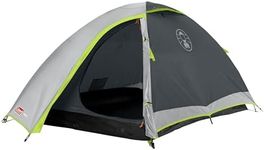

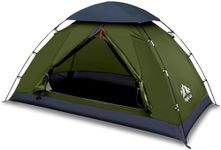
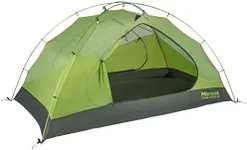
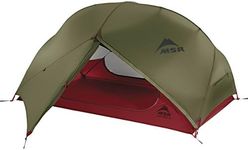


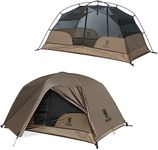
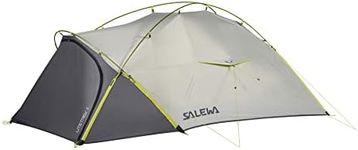
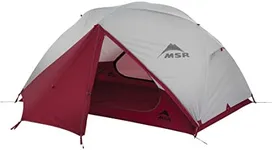
![Vango Venture 250 2 ManTunnel Tent [Amazon Exclusive], Bedroom for 2 People with Large Porch Living Area, Ventilation and Windows, Waterproof, Camping](https://images-proxy.bestreviews.guide/GITOB3zpp6JgpoGnX_6GwrSFUsU=/0x150/https://m.media-amazon.com/images/I/41lgazYUmXL._AC_CX679_.jpg)
